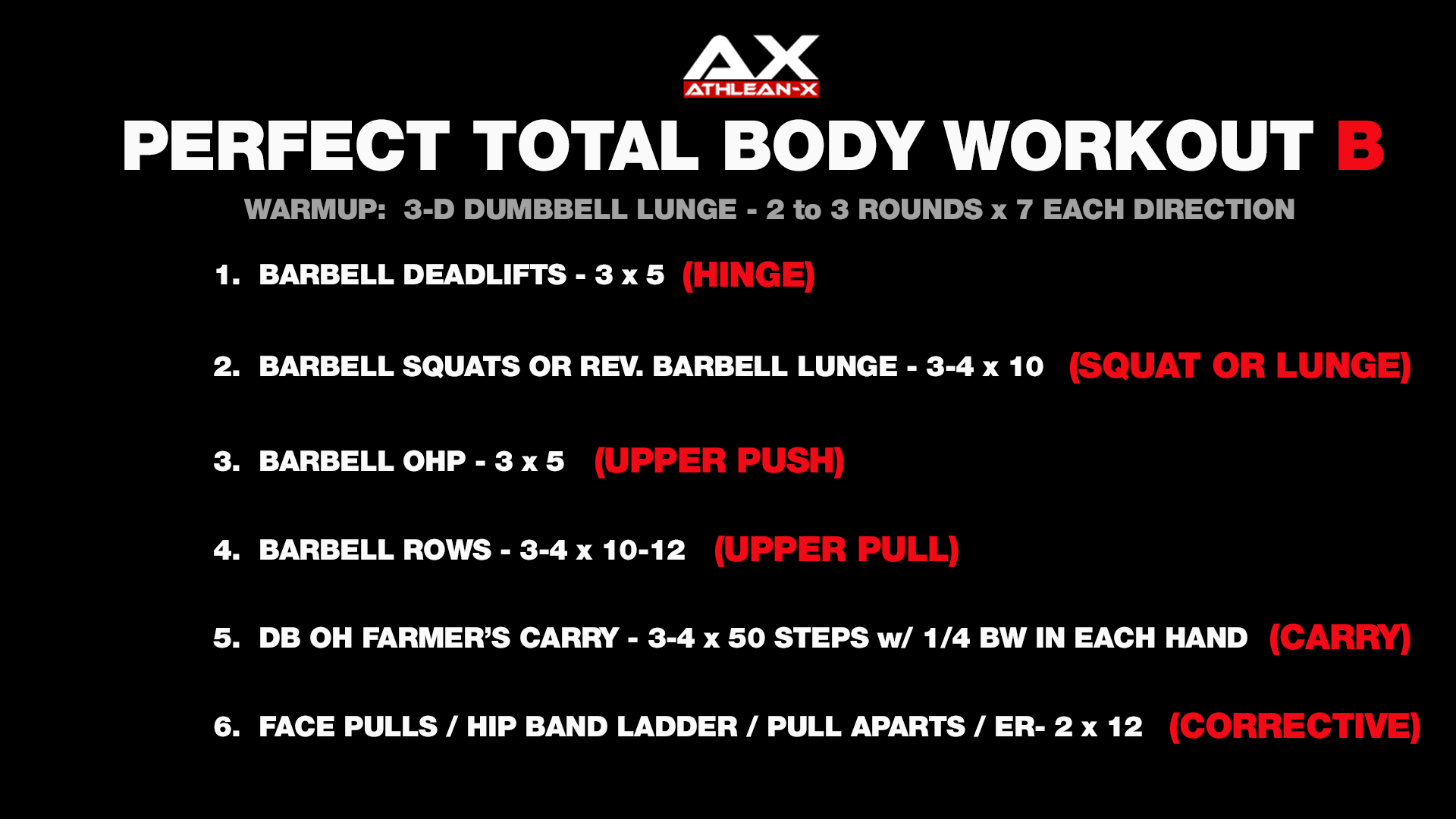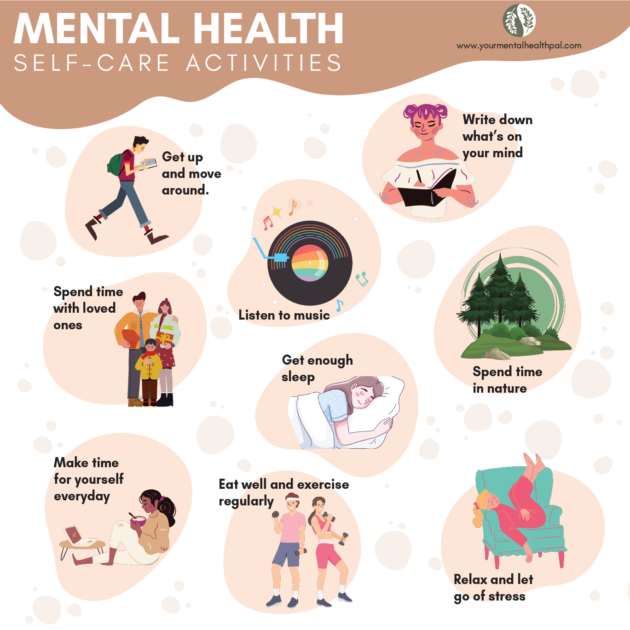Dynamic Total Body HIIT Workouts for Maximum Results
Ignite Your Fitness Journey with Total Body HIIT
In today’s fast-paced world, finding time for exercise can be a challenge. However, if you’re looking to maximize your workouts and achieve remarkable results in a short amount of time, Total Body HIIT (High-Intensity Interval Training) might just be the solution you’ve been searching for.
What is Total Body HIIT?
Total Body HIIT is a form of exercise that combines bursts of intense activity with short periods of rest or lower-intensity exercise. Unlike traditional cardio workouts that involve steady-state activity, HIIT workouts push your body to its limits in a fraction of the time. These workouts typically target multiple muscle groups simultaneously, providing a comprehensive full-body workout in a short duration.
Benefits of Total Body HIIT
One of the primary benefits of Total Body HIIT is its efficiency. With busy schedules becoming the norm, finding time for lengthy gym sessions can be challenging. However, HIIT workouts are known for their ability to deliver significant results in a short amount of time. In as little as 20-30 minutes, you can complete a high-intensity session that leaves you feeling energized and accomplished.
Moreover, Total Body HIIT is incredibly effective for fat loss and improving cardiovascular health. The intense bursts of activity elevate your heart rate and keep it elevated even during the rest periods, leading to a phenomenon known as the afterburn effect or excess post-exercise oxygen consumption (EPOC). This means your body continues to burn calories at an elevated rate even after you’ve finished your workout, making it an efficient way to shed excess pounds and improve overall fitness.
Additionally, Total Body HIIT is incredibly versatile and adaptable to various fitness levels. Whether you’re a seasoned athlete or just starting on your fitness journey, HIIT workouts can be modified to suit your abilities. You can adjust the intensity, duration, and exercises to challenge yourself while still maintaining proper form and safety.
Getting Started with Total Body HIIT
If you’re ready to incorporate Total Body HIIT into your fitness routine, here are some tips to help you get started:
- Consult with a Fitness Professional: Before starting any new exercise program, it’s essential to consult with a fitness professional, especially if you have any underlying health conditions or concerns.
- Start Slowly: If you’re new to HIIT, start with shorter sessions and gradually increase the intensity and duration as your fitness improves. Listen to your body and rest when needed to prevent injury.
- Focus on Form: Proper form is crucial during HIIT workouts to maximize effectiveness and reduce the risk of injury. Pay attention to your posture and technique, and don’t sacrifice form for speed.
- Stay Hydrated and Fuel Your Body: HIIT workouts can be intense, so be sure to stay hydrated before, during, and after your workout. Additionally, fuel your body with nutritious foods to support your energy levels and recovery.
- Mix It Up: Keep your workouts exciting and challenging by incorporating a variety of exercises and equipment. From bodyweight movements to kettlebells and battle








